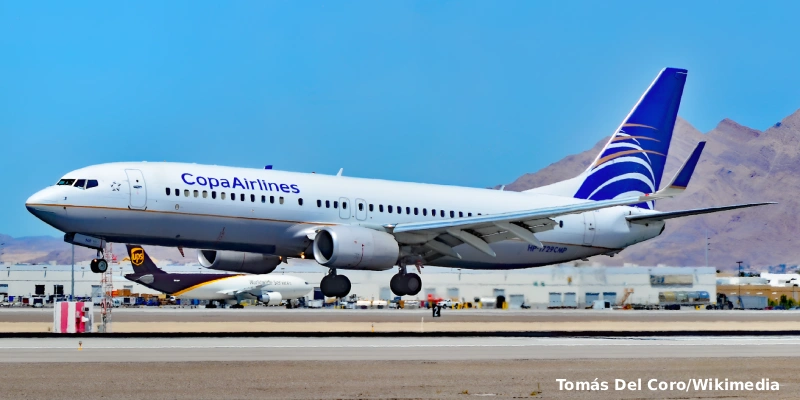U.S. authorities have asked telecom operators AT&T and Verizon to delay their already postponed rollout of 5G networks by up to two weeks, amid uncertainty over possible interference with vital flight safety equipment.
The rollout of the high-speed mobile broadband technology, initially scheduled for December 5, had already been postponed and was due to take place on January 5. But European aircraft manufacturers Airbus and U.S.-based Boeing recently expressed “concerns” about 5G’s potential interference with radio altimeters, the devices used by aircraft to measure altitude.
→ Boeing wants to build its next airplane in the ‘metaverse’.
U.S. Transportation Secretary Pete Buttigieg and Federal Aviation Administration chief Steve Dickson made their request in a letter sent Friday to AT&T and Verizon, two of the nation’s largest telecommunications carriers.
In the official letter, they asked the companies to “continue to pause the introduction of commercial C-band service,” the frequency range used for 5G, “for an additional short period of no more than two weeks beyond the currently scheduled Jan. 5 implementation date.”
And they also assured that the service could start “as scheduled in January, with certain exceptions around priority airports,” and wanting to “find a solution that ensures that 5G C-band and aviation will coexist” in a “safe and secure manner in the United States.
→ FAA issues safety directives for Boeing 777-200 engines.
“We received the government’s letter after 18H00 on New Year’s Eve. We are reviewing it,” Rich Young, a spokesman for Verizon, commented in response in an email to AFP.
AT&T also said it had received the letter and was reviewing it.
Last February, Verizon and AT&T received authorization to begin using 3.7 to 3.8 GHz frequency bands on Dec. 5, after obtaining licenses worth tens of billions of dollars. But after Airbus and Boeing’s concerns about possible interference were disclosed, the launch date was delayed until January.
The FAA requested more information about the instruments and issued directives limiting the use of altimeters in certain situations, prompting airline fears about potential costs.
When Verizon and AT&T wrote to federal authorities in November to confirm their intention to begin deploying 5G in January, they said they would take additional precautions beyond those required by U.S. law until July 2022 while the FAA completes its investigation.
The conflict between 5G networks and aircraft equipment led French authorities to recommend in February that passengers turn off cell phones with that technology on planes.
Related Topics
LATAM Inaugurates Direct Flight Between Recife and Buenos Aires
LATAM to Cancel Lima-Tucuman Route Starting March 2026: These Are Reasons
Copa Airlines Resumes Flights Between Panama City and Maracaibo Starting December 20
Copa Airlines Extends Suspension of Flights to and from Caracas (Venezuela) Until January

Plataforma Informativa de Aviación Comercial con 13 años de trayectoria.




